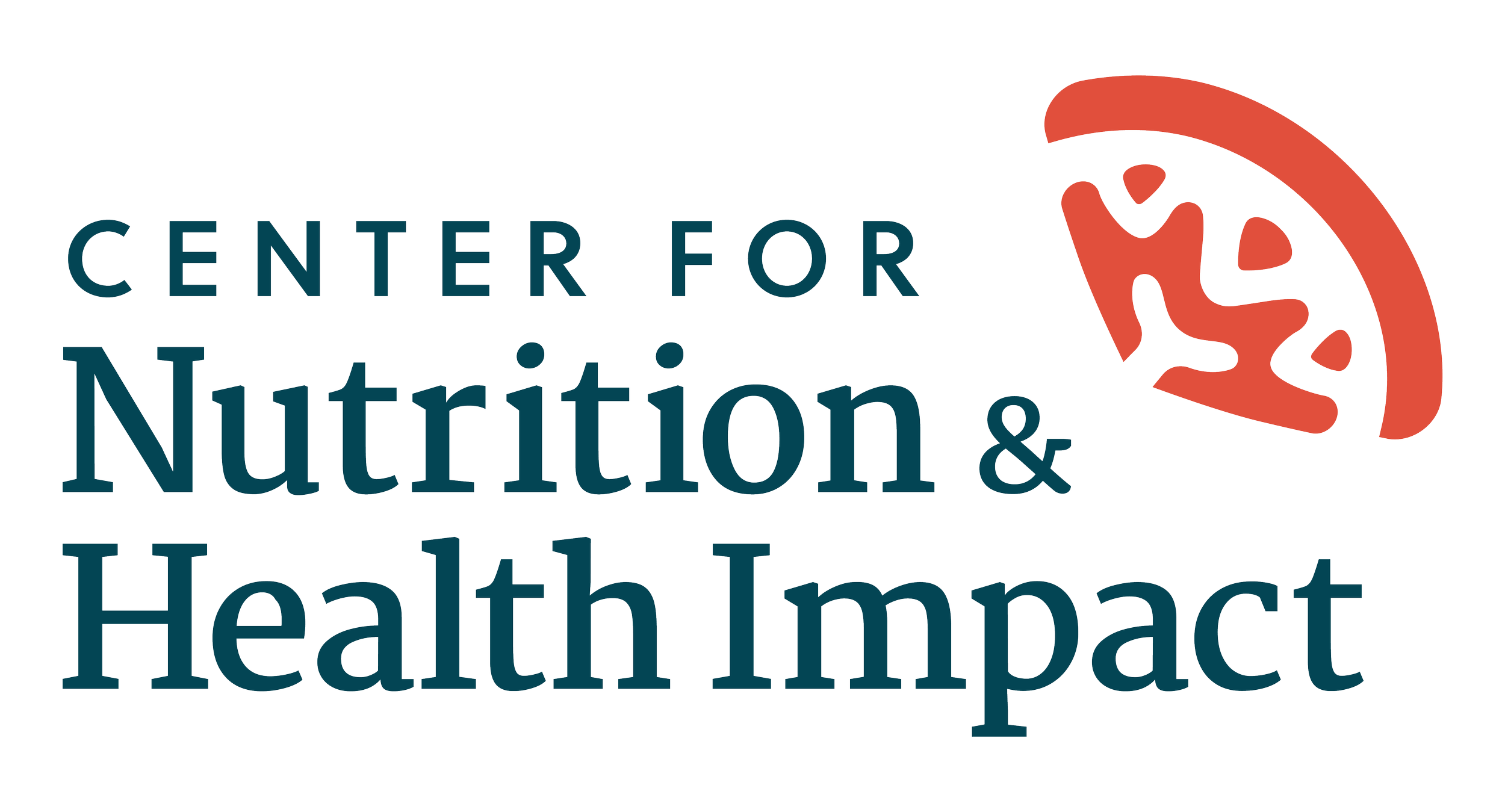October 2024 Nutrition Notes
October 2024 Nutrition Notes
------- + -------
A Message from our Executive Director
Many communities across the Southeast region of the United States have experienced unprecedented flooding and devastation caused by Hurricane Helene and Hurricane Milton.
Seeing the destruction in Western North Carolina (WNC) has been so heartbreaking for me since, as many of you know, I call Asheville home. For the past several years, Asheville had been described as a “climate haven,” a place largely sheltered from global warming-induced natural disasters. This, along with its natural beauty and year-round outdoor activities, are the main reasons that my family and I moved to Asheville in 2022.
On September 26, no one in WNC was ready for the storm that would wreak the most havoc on Asheville since the Flood of 1916. By the time people realized the gravity of the situation, it was too late to evacuate. Hundreds of thousands were left without means of communication, electricity and access to food and water.
The magnitude of devastation is unfathomable. They are calling Hurricane Helene a generational storm, the Katrina of WNC. From what my family and I were able to see firsthand, it certainly looks that way. It is going to take months, even years, to restore Asheville.
While we were able to find a way out of town two days after Helene made landfall, the impact of Hurricane Helene continues to weigh heavily on my heart. So many people are still stranded and missing. And seeing so many homes, local businesses, natural attractions, wildlife and roads we pass by every day destroyed—I'm struggling to wrap my mind around it all.
Natural disasters directly impact the availability of food by ruining crops, killing livestock and destroying pre-packaged food. As a result, people suddenly do not have access to healthful (if any) food or water and subsequently become at risk for food and nutrition insecurity, hunger and malnutrition. Although I have worked professionally on these topics for years, I gained a deeper understanding and even more empathy for people who experience chronic stress and food and nutrition security. Things that I took for granted, such as turning on the faucet and having clean drinking water, turning on the tap and having a hot shower, throwing in a quick load of laundry, having electricity to run my CPAP, have now taken on a different perspective for me.
Despite the tragedies we all have endured, the Asheville and WNC communities have preserved a deep spirit of hope, service and resilience. I have been in awe of how neighbors have been helping neighbors by volunteering and donating hundreds of thousands of dollars’ worth of cash and emergency supplies.
Now more than ever, we must support organizations dedicated to providing food, water and basic necessities and help them rebuild the food assistance infrastructures that Hurricane Helene and Hurricane Milton have destroyed. It has been incredible to see local and national organizations band together to support Asheville and surrounding areas. If you are looking to donate to groups in WNC specifically, a few among the many that I could recommend include:
“BeLoved Asheville
A nonprofit deeply committed to rebuilding communities, BeLoved Asheville is working tirelessly to distribute much-needed food, clothing and shelter to those affected by Hurricane Helene.
”
“MANNA FoodBank
For over 40 years, MANNA FoodBank has been working to end hunger and food insecurity across WNC through mobile delivery and community markets. They are currently responding to on-the-ground needs for critical supplies and logistical support as they are able.
”
“Community Foundation of Western North Carolina
Since 1978, Community Foundation of Western North Carolina (CFWNC) has been facilitating philanthropy, mobilizing resources, creating and managing charitable funds, and making grants to nonprofit organizations and public agencies in WNC. In light of Hurricane Helene, CFWNC has activated its Emergency and Disaster Response Fund to accept and disburse funds supporting a regional response and relief efforts in 18 counties of WNC including the Qualla Boundary. Funds will ensure that frontline nonprofits have the resources they need for the critical early response and continuing recovery.
”
Serving communities is core to who we are at the Center for Nutrition & Health Impact. Our team is eager to support impacted communities in any way possible. We encourage you to follow organizations and food banks serving affected areas on social media to support them in meeting their communities’ unique needs. We also hope you consider donating food, supplies and cash to organizations working around the clock to provide vital assistance in the Southeast.

